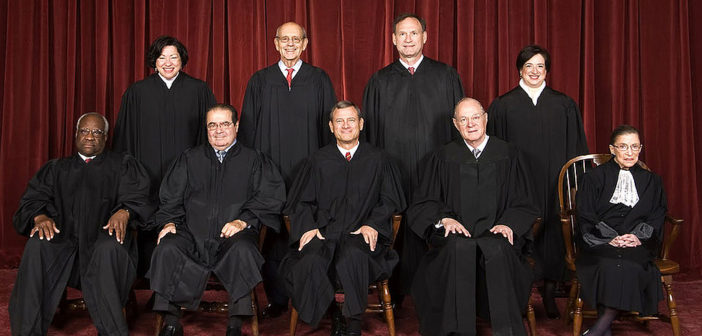Is the process of electing a judicial official the conscious way of ensuring they will get the job done? Will this ensure that the one who is voted in through an elected process is voted in for the right reasons? Or will political pressure deter judges the just judge from being appointed in because of the popularity of votes? Since the year of 1828, the Merriam Webster dictionary has defined a judge as being “a public official authorized to decide questions brought before the court and one who gives an authorities opinion.” A judge is someone who contests and takes a leadership role of determining someone sentence when it is in relations to the law. A judge has to go through law school, law firm practice and acquire and positive and outstanding reputation in law elections or appointing can best determine what a judge deserves. But the real question is should judges be elected or appointed?
Correspondingly, according to Legal Path, Michael Morales says to become a judge you have to earn a Bachelor’s degree in history, business or political science. You must then attend law school for approximately three years which will then make you a full-time lawyer. The newly formed lawyers will not go and work on law firms and go into their practices. These lawyers would have worked for a minimum of five years before they can be qualified to be a judge.
According to CNBC, Steven Odland claimed June 16, 2016, “Judges rightfully deserve praise for their public service and commitment to the pursuit of justice. But lawmakers put judges in a real bind when they enact laws that call for judicial elections. Under these circumstances, it only makes sense that judges are motivated to raise contributions and seek the approval of voters.” This is meaning that judges will be voted in because of approval of voters and not because of the political balance and opportunity of the law. This exaggerates how the campaign is a negative way to choose a judge.
Appointing a judge allows them to be voted in for their skills, qualities and reputation according to the law. According to Odland, “Appointment-based systems better serve their purpose when complemented by evaluation commissions. In 17 states, such commissions conduct thorough examinations of judges’ performance during their terms.” This entails understanding the law, administration and legal information.
Additionally, according to the 2012 article, Shugerman explores the history of judicial selection in the U.S., JERI Zeder “That judges should be separate from politics, that judges should be doing something other than voting with public opinion or voting because of partisanship—that core idea of judicial independence animates the story all the way through.” He proclaims that judges should not be blind to political pressures, the popularity of the population and judicial independence.
Concluding elections are based on popularity and the form of campaigning process. The appointment of a judicial official that will determine your law and legal system should be made by someone who has quality and not just quantity of votes. The official of the legal system should be determined by their qualities.





